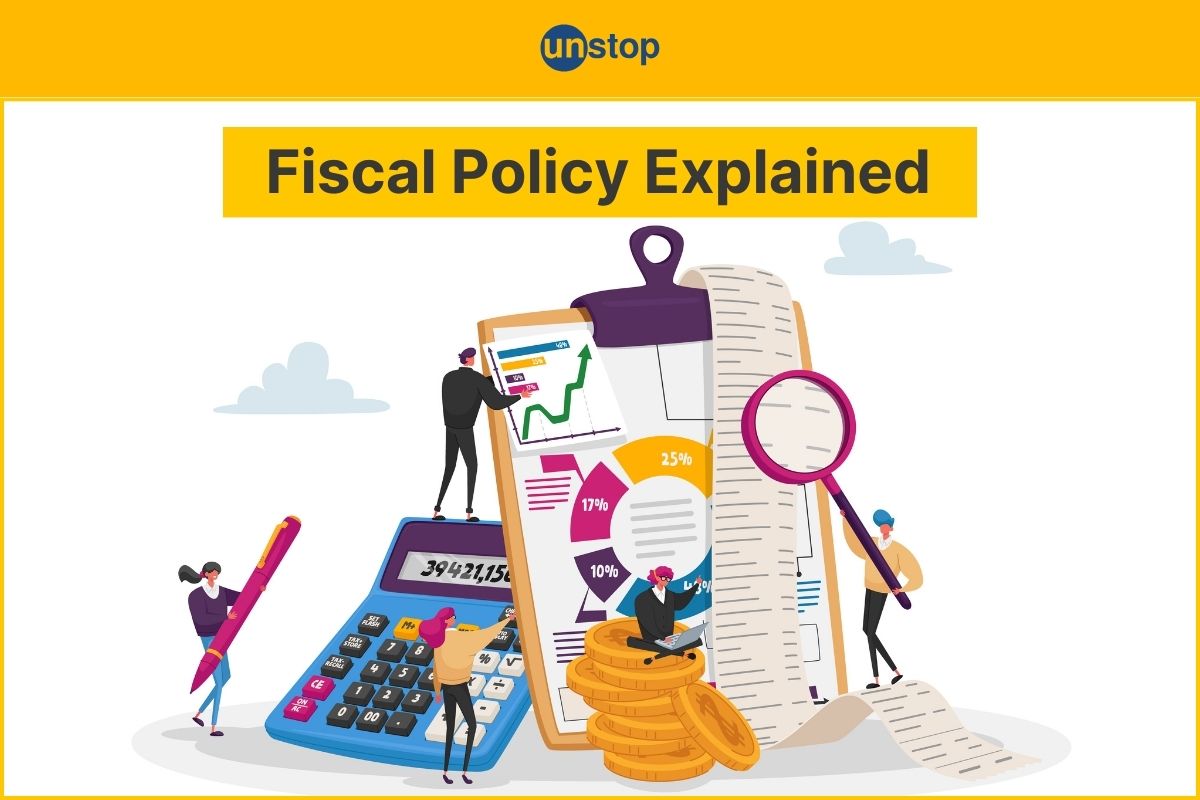
Navigating Economic Landscapes: Insights into Government Fiscal Policies
Governments worldwide play a pivotal role in shaping economic landscapes through fiscal policies. Understanding the intricacies of these policies is essential for individuals, businesses, and investors. Let’s delve into the multifaceted world of government fiscal policies, exploring their impacts, mechanisms, and the role they play in steering economies.
Defining Fiscal Policies: Tools of Economic Management
Fiscal policies refer to the strategies governments use to manage their budgets, taxes, and spending to influence the economy. These policies are categorized into expansionary and contractionary, depending on whether the goal is to stimulate economic growth or curb inflation. Policymakers use a combination of taxation and government spending to achieve economic objectives.
Taxation Dynamics: Balancing Revenue and Incentives
Tax policies are a key component of government fiscal strategies. Governments levy taxes on individuals and businesses to generate revenue for public services and initiatives. The challenge lies in finding a balance between raising sufficient revenue and creating incentives for economic activities. Tax cuts can stimulate spending and investment, while increases may fund government programs.
Government Spending: Stimulating Economic Growth
One of the primary tools in government fiscal policies is government spending. By investing in infrastructure, education, healthcare, and other sectors, governments aim to stimulate economic growth. Increased government spending can create jobs, boost demand, and contribute to overall economic expansion. However, finding the right balance to avoid excessive debt is crucial.
Countercyclical Measures: Balancing Economic Peaks and Valleys
Governments often employ countercyclical fiscal policies to mitigate the impact of economic cycles. During economic downturns, they may increase spending or cut taxes to stimulate demand. Conversely, during periods of rapid growth, policymakers may implement measures like reducing government spending to prevent overheating and inflation.
Debt Management: Striking a Sustainable Balance
Governments often resort to borrowing to fund fiscal initiatives. While manageable levels of debt can be sustainable, excessive debt can lead to economic challenges. Fiscal policies must include effective debt management strategies to ensure financial stability. Balancing the need for investment with fiscal responsibility is a delicate task for policymakers.
Inflation and Interest Rates: The Fiscal-Policy Nexus
Fiscal policies have a direct impact on inflation and interest rates. Increased government spending can contribute to inflationary pressures, prompting central banks to adjust interest rates. The interplay between fiscal and monetary policies is crucial for maintaining price stability and overall economic equilibrium.
Long-Term Planning: Investing in Future Prosperity
Effective government fiscal policies extend beyond short-term economic management. Long-term planning involves investing in education, research, and innovation to foster sustainable growth. Governments that prioritize these investments contribute to a more resilient and competitive economy in the global landscape.
Challenges of Fiscal Policies: Striking Equitable Balance
Implementing effective fiscal policies comes with challenges. Striking a balance between addressing economic inequalities, promoting social welfare, and maintaining fiscal discipline requires nuanced decision-making. Policymakers must consider the diverse needs of society while ensuring economic stability.
Global Coordination: Addressing Interconnected Challenges
In an interconnected global economy, government fiscal policies are not isolated. Economic challenges in one region can have ripple effects worldwide. Global coordination among governments is essential to address common challenges, foster trade, and promote overall economic well-being.
Linking Knowledge to Action
For real-time insights into government fiscal policies and their impacts on economies, visit Government Fiscal Policies. This resource provides a comprehensive platform for individuals, businesses, and investors to stay informed and navigate the dynamic world of fiscal management.
Conclusion: Navigating Economic Waters
In conclusion, government fiscal policies are integral to the functioning of economies. They serve as tools to stimulate growth, address economic challenges, and shape the future trajectory of nations. Understanding the complexities of fiscal policies empowers individuals and businesses to adapt to economic changes, while policymakers must navigate the delicate balance between promoting prosperity and maintaining fiscal discipline. By staying informed and utilizing resources like Government Fiscal Policies, stakeholders can navigate the economic waters with resilience and foresight.